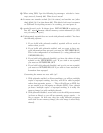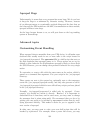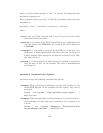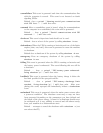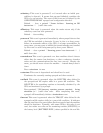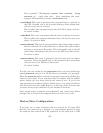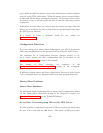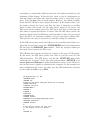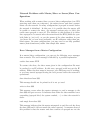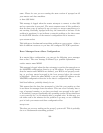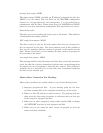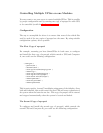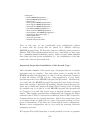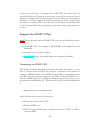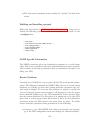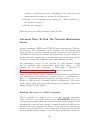Network Problems with Master/Slave or Server/Slave Con-
figurations
When working with a master/slave or server/slave configurations (one UPS
powering more than one computer), the master/server and slave commu-
nicate via the network. In many configurations, apcupsd is started before
the network is initialized. In this case, it is possible that the master will
be unable to contact the slave. On apcupsd versions prior to 3.8.0, this
could cause apcupsd to error off. The solution to this problem is to either
force apcupsd to be started after the network and the DNS (fiddle the sym-
bolic links in /etc/rc.d), or put the names of the slave machines in your
/etc/hosts file, or even more preferable, use IP addresses rather than ma-
chine names. On some configurations, you may need to use fully qualified
names (host.domain.xxx) rather than simple host names.
Error Messages from a Master Configuration:
In a master/slave configuration, you can get the following error messages
from a master. The error message is followed by a possible explanation:
resolve slave name XXX
To contact the slave, the slave name given in the configuration file must
be resolved to an IP address. In this case, apcupsd could not get the IP
address. Either the slave name is incorrect, your DNS may not be working,
or you have started apcupsd during the boot process before the network is
operational.
slave shutdown from SSS
This message should not be printed as it is not yet used.
write to slave SSS
This message occurs when the master attempts to send a message to the
slave SSS and gets an error. It indicates that either the slave machine is not
responding (apcupsd died, the system crashed, ...) or that the network is
down.
read magic from slave SSS
This message indicates that the master attempted to read the code key from
the slave SSS and it did not match the value expected. A common cause of
this problem is that the master and slave versions of apcupsd are not the
108



